February 2019
Volume 21, Number 2
Federation of State Boards of Physical Therapy
In this News Brief:
Regulatory Training for Members and Board Staff
Regulatory Training for Members and Board Staff
All board members and board staff (administrators, licensing specialists, and attorneys) are eligible to participate. This training provides an in-depth understanding of your role as a regulatory board member or staff person in protecting the consumers of physical therapy services. We also provide an overview of the services FSBPT provides to our members.
The training will be held August 16-18, 2019, in Alexandria, Virginia. Costs are covered by FSBPT. To reserve a spot, email
communications@fsbpt.org.
Requests must be received before June 1, 2019, for consideration. Attendance is limited and priority is given to first-time attendees. Read our Frequently Asked Questions about Regulatory Training
Registration and
Travel for more information.
Back to Top
Have You Reviewed Your Law Lately?
In 1996, all FSBPT member jurisdictions adopted the uniform passing score for the NPTE, which is criterion-referenced and is widely accepted as the methodology for establishing performance standards for high-stakes examinations. This was a huge step forward in allowing greater mobility of PTs and PTAs throughout the United States.
However, some states still have requirements that vary for those that tested prior to the universal pass rate. At this time, PTs and PTAs that tested prior to 1996 have more than twenty years of experience and a license history. When a PT tested before 1996 attempts to move and does not meet the jurisdiction's test score requirement, they are unable to become licensed without re-testing. The therapist’s continuing education, experience, etc. are not taken into account for licensure and the jurisdiction may lose a qualified licensee and potential tax payer.
Jurisdictions may consider reviewing and revising any language that has a specific score requirement prior to 1996 to more general language. For help reviewing statutory or rule language that may be impeding improved licensure mobility in your jurisdiction, contact the FSBPT
professional standards staff.
Back to Top
2019 INPTRA Conference in Geneva, Switzerland, May 8-9
Preceding the World Confederation for Physical Therapy Congress this year, the International Network of Physiotherapy Regulatory Authorities (INPTRA®) will be holding its biennial meeting in Geneva, Switzerland. Registration is now open. Visit the INPTRA 2019 conference page to view conference details, including the preliminary program, and to register.
Back to Top
Virginia Awaits Governor’s Action on the PT Compact
The PT Compact bill, SB1106, has passed both the Senate and the House in Virginia and awaits the governor's action. Governor Ralph Northam has a month after transmission to either veto or sign the bill into law or it becomes law without signature.
The PT Compact has also been introduced this legislative session by five additional states: Arkansas, Georgia, Maryland, Michigan, and Nevada.
Back to Top
Michigan Opts into the Alternate Approval Process
In February, Michigan became the eleventh state to opt into the Alternate Approval Process (AAP). Under AAP, when an applicant who is a graduate of a CAPTE accredited program registers for the NPTE, FSBPT will make the candidate eligible to sit for the NPTE provided that the candidate meets all NPTE eligibility requirements. Under AAP, FSBPT also handles the review of all requests for testing accommodations in accordance with the Americans with Disabilities Act. Contact FSBPT if your jurisdiction is interested in opting into AAP.
Back to Top
Model Rules for Licensure of Foreign Educated PTs and PTAs Posted
The FSBPT Foreign Educated Standards Committee developed model rules in response to multiple member requests for help drafting rules and to supplement the statutory language of the Model Practice Act (MPA). These rules help to improve the clarity of licensing requirements for foreign educated physical therapists and physical therapist assistants for examination versus applicants by endorsement.
The rules reflect recommendations from FSBPT and follow the MPA. Not all of the requirements are applicable for all boards, examples include jurisprudence examinations, supervised clinical practice, and criminal background checks.
Back to Top
APTA Combined Sections Meeting Sessions Published to aPTitude®
In January, the APTA held its Combined Sections Meeting (CSM) in Washington, DC, which was attended by more than 14,000 physical therapists, physical therapist assistants, and students. In advance of the event, the 335 CSM educational sessions were imported into aPTitude to facilitate finding and recording them. In the coming weeks, FSBPT will verify the attendance for those 14,000 learners in the aPTitude system. Contact us at CompetenceStaff@fsbpt.org to learn more or to experience how this functionality works for physical therapists, physical therapist assistants, and students.
Back to Top
New Look for ContinuingCompetence.org
The website dedicated to the FSBPT Continuing Competence Initiative has a new—but familiar—look. The continuing competence tools and services information (aPTitude, ProCert, oPTion, jurisprudence exams, and Jurisprudence Assessment Modules) have migrated to refreshed pages emulating the design and style of FSBPT.org. The continuing competence content remains easily accessible with a minimal amount of clicks. If you have not visited recently, please explore the new www.continuingcompetence.org.
Back to Top
Spotlight on Member Resources: Legislative Tracking Tool
Almost every state has begun the 2019 legislative session. Would you like to stay in touch with the legislative activity in your state?
FSBPT offers a legislative tracking tool that allows members to monitor and research changes to statutes and regulations. The tracking has been used to identify legislation and regulation that may impact physical therapy specifically or a related area that may have an effect on FSBPT's members. To access the legislative tracking tool, go to
the members area of FSBPT.org, login, and click on "Legislative Tracking."
Back to Top
Our Gratitude for Volunteers
This month, we thank the generous volunteer members of these groups for their support of our mission:
Continuing Competence Committee
- Michele Thorman
- Bill Boissonnault
- Tom Caldwell
- Gillian Cavezzali
- Brian Gilbert
- Kendra Harrington
- David Harris
- Jasmin Jimeno
- Sandy Levi
- Andrew Mix
- Talia Weinberg
Item Writers Task Force
Membership Survey
Task Force
- Nancy Kirsch
- Melissa Anthony
- Megan Certo
- Cindy Porter
- Adrienne Price
- Alicia Rabena-Amen
- David Reed
- Debra Semans
In the News
In the News
Ohio passed a law that would require the re-evaluation of state licensing boards every six years. The law also gives those with criminal records the ability to learn whether their records would keep them from being licensed in a profession before they invest resources in education and training. "Previously an applicant might go through years of training and spend thousands of dollars only to find out when they apply for a license that their criminal conviction disqualifies them from licensure."
Ryan Nunn of the Bookings Institution has several suggestions for regulatory policymakers.
- "Recognize out-of-state licenses….
- Look for opportunities to allow immigrant applicants to demonstrate their competency….
- Make licensure available to applicants with irrelevant criminal convictions….
- Align training requirements with legitimate public health and safety risks….
- Allow licensed workers—and specifically non-physician health-care providers—to work to the full extent of their training and experience."
"Recently-graduated physician assistants who want to work in Illinois must wait months before they can treat patients. The current processing time for Illinois Physician Assistant applications is 8 to 10 weeks, according to the Illinois Department of Financial and Professional Regulation (IDFPR). For comparison, licensing officials in Wisconsin said they can process a PA license application in as little as eight days."
The California Board of Registered Nursing is requesting $17 million to expand staff to address significant licensing delays. "The board receives about 35,000 license applications per year. The budget request, which will be up to the Legislature to approve, says delays can make it more difficult for hospitals to meet nurse-to-patient ratios required by law and can drive graduates to work in other states."
"As many as 100 health care workers have lost their license to practice in Florida because they can’t repay their student loans – a new crackdown potentially putting hundreds out of work, the I-Team found.
In the latest issue of PT in Motion, Eric Ries examines some of the causes and strategic solutions surrounding burnout among physical therapists and physical therapist assistants and he references a Federation Forum article, "Occupational Burnout in Physical Therapy: Clinical Implications and Strategies for Reduction."
"A bill introduced Monday in the Arizona General Assembly would allow anyone with an occupational license from a different state to automatically qualify for the same license in Arizona without having to retake classes and pass tests again—though they would have to pay a fee to the state board that administers the license, and would have to demonstrate that they were in good standing with the licensing authorities in their previous state. So-called ‘universal licensing recognition’ would make it easier for licensed workers to move to Arizona and would do away with time-consuming and expensive requirements for license-holders who want to move across state lines."
Ruling on Dry Needling in Florida
The Florida Division of Administrative Hearings recently issued a ruling stating that dry needling isn’t within the physical therapy scope of practice and the board has no basis for adopting the rule.
In summer 2017, the Florida Board of Physical Therapy issued a declaratory statement proclaiming that dry needling falls within a physical therapist’s scope of practice. At the same time, the board also authorized a physical therapist to provide dry needling services in his physical therapy practice. The Board moved forward with dry needling rule promulgation in February 2018 (proposed Florida Administrative Code Rule 64B17-6.008), following the decision that dry needling falls within a physical therapist’s scope of practice and outlines the requirements for practicing dry needling.
In response to a request by the Florida State Oriental Medical Association (FSOMA) who oppose the rule, the board held a public hearing on the dry needling rule on May 3, 2018. At this hearing, the Board discussed the concerns of the legal counsel of the Legislative Joint Administrative Procedures Committee (JAPC) regarding whether dry needling should be considered part of the physical therapist’s scope of practice and how dry needling and acupuncture are different. In response to JAPC’s concerns, the Board amended the proposed rule in standards for hygiene and infection control.
In May 2018, the Florida State Oriental Medical Association, unsatisfied with the results of a public hearing held earlier in the month, filed suit with the Division of Administrative Hearings requesting blockage of the Florida Physical Therapy Board’s proposed rule allowing certain physical therapists to practice dry needling. A final hearing was conducted in July 2018 before Judge Lawrence P. Stevenson, Administrative Law Judge. The overall ruling was that the proposed rule regarding dry needling is an "invalid exercise of delegated legislative authority." The judge ruled the Board does not possess the statutory authority to adopt a rule regarding dry needling because the Florida practice act does not support dry needling as being within the scope of licensed physical therapists. This ruling may be appealed pursuant to Florida Statutes; appeals would be governed by the Florida Rules of Appellate Procedure. There is no information at this time if the Florida Board plans to appeal the decision.
The Regulatory Board for Chiropractors in Ontario, Canada, Accused of Protecting the Profession More than Protecting the Public
The College of Chiropractors of Ontario (CCO) has recently received criticism that the CCO is putting members’ interest above those of the public they are charged to protect. Complaints include lax oversight by the regulatory body that allows "false advertising, out-of-scope claims, unethical business and clinical practices [to] continue without consequences."
Back to Top
Board Liaisons to Jurisdictions
Members of the Board of Directors serve as liaisons to multiple jurisdictions. Current liaison relationships are listed here for your reference.
Jurisdictions
|
Board Liaison
|
|
Arkansas, Illinois, Indiana, Missouri, New Mexico, Ohio, Oklahoma, Texas
|
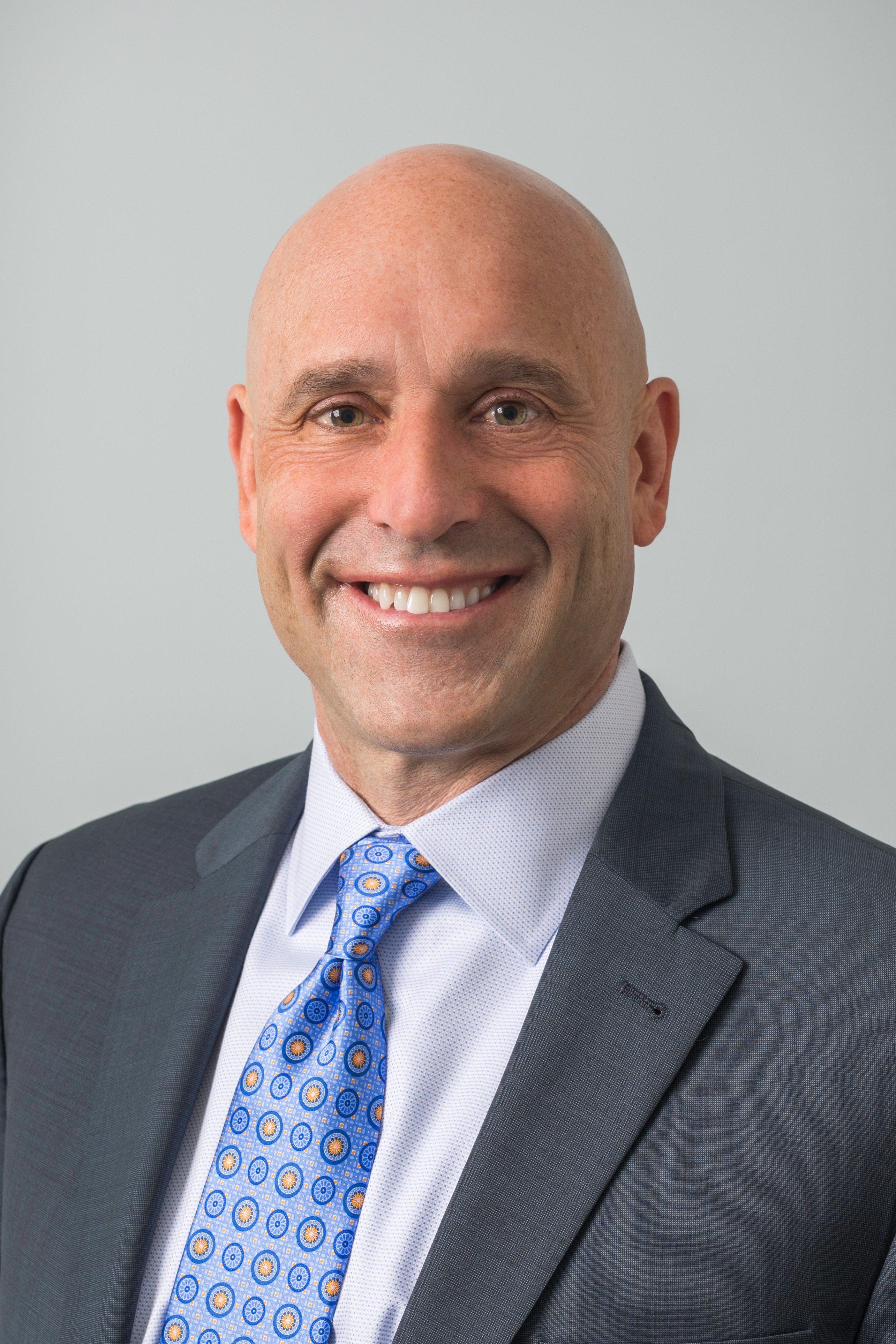
Thomas Caldwell
|
|
Colorado, Kansas, Montana, Nebraska, Nevada, Utah
|
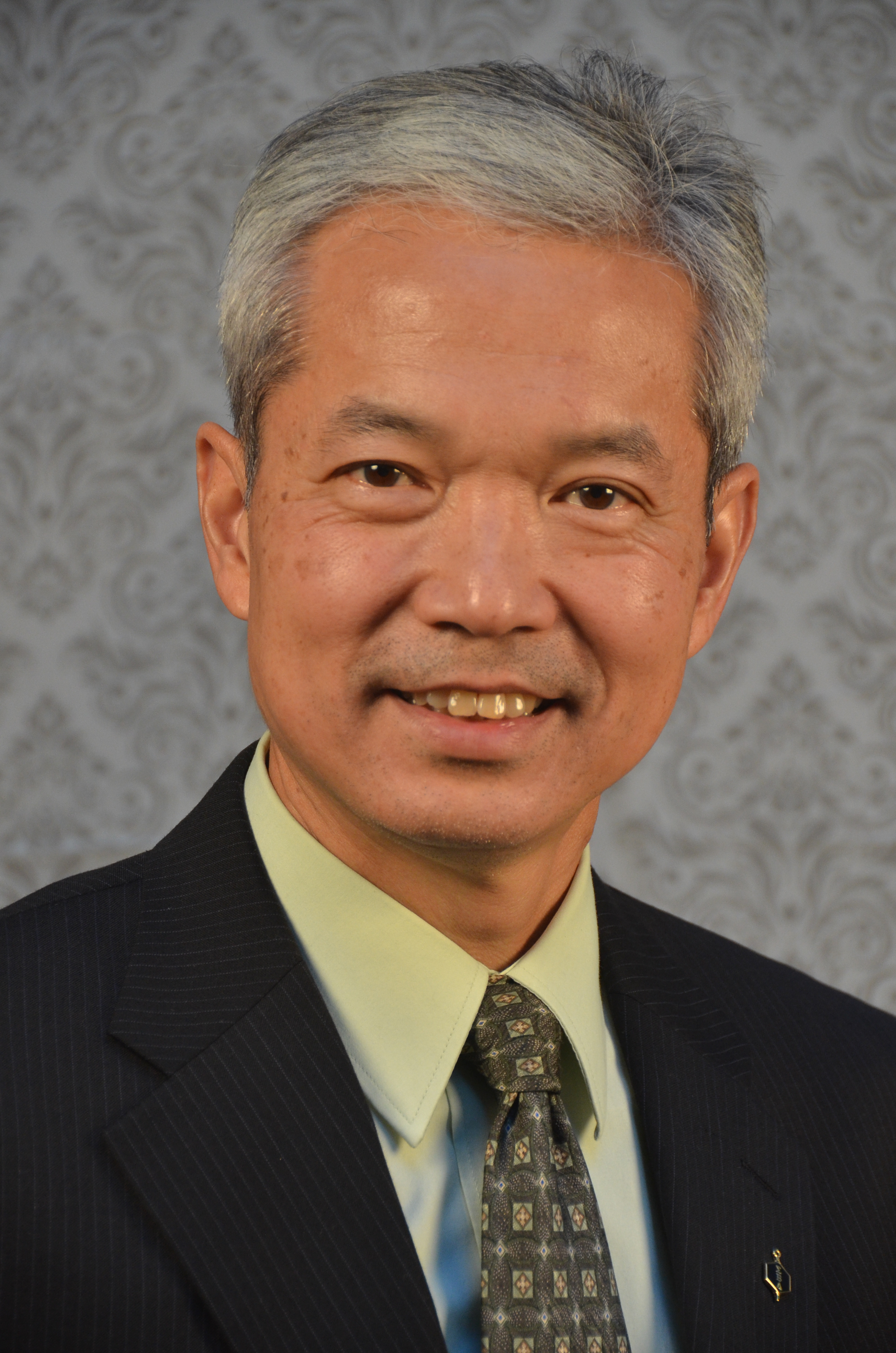
Ruggie Canizares
|
|
Alabama, Florida, Georgia, Louisiana, Mississippi, North Carolina, Tennessee, South Carolina
|
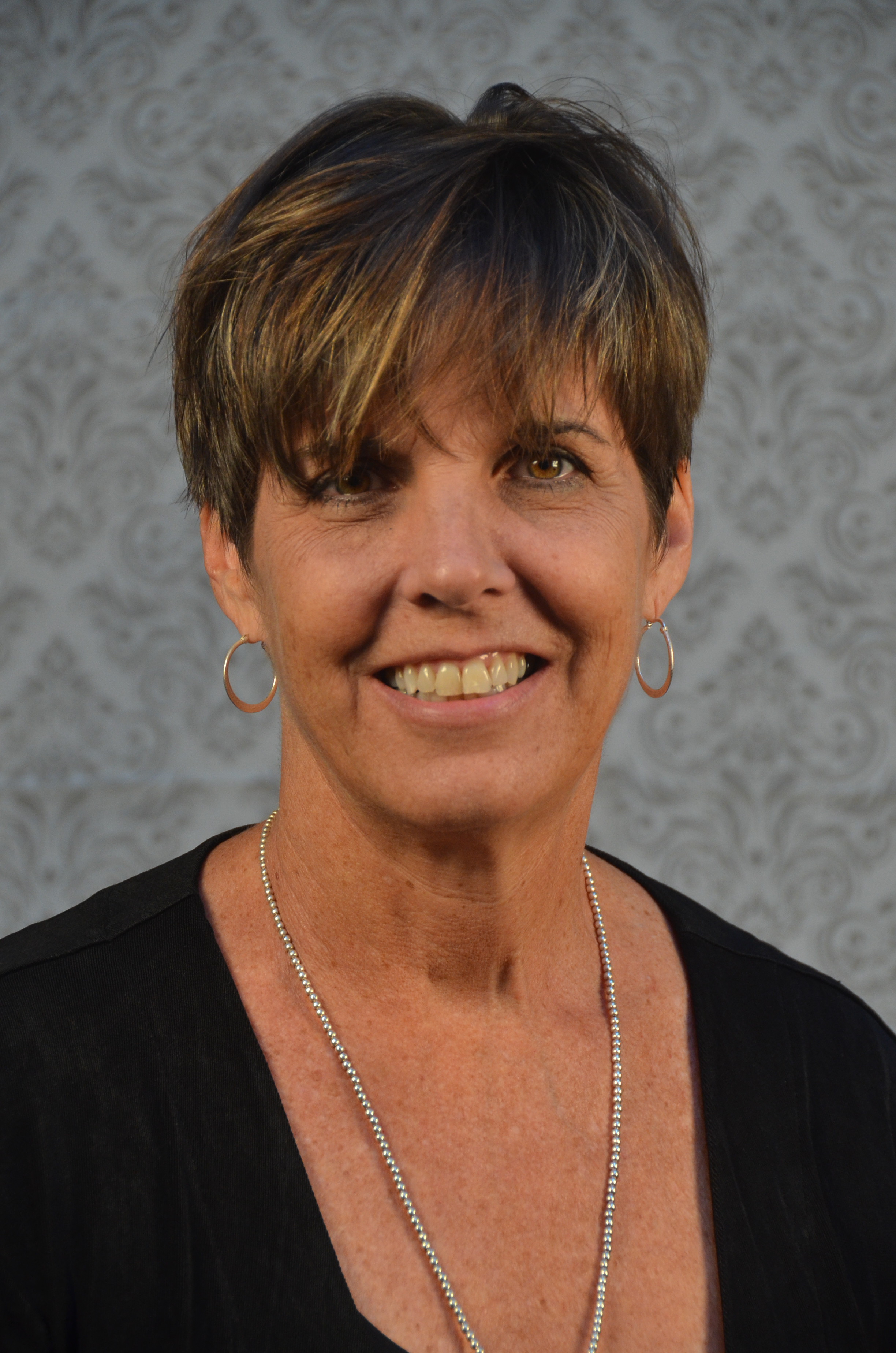
Ellen Donald
|
|
Delaware, District of Columbia, Kentucky, Maryland, Pennsylvania, Virginia, West Virginia
|
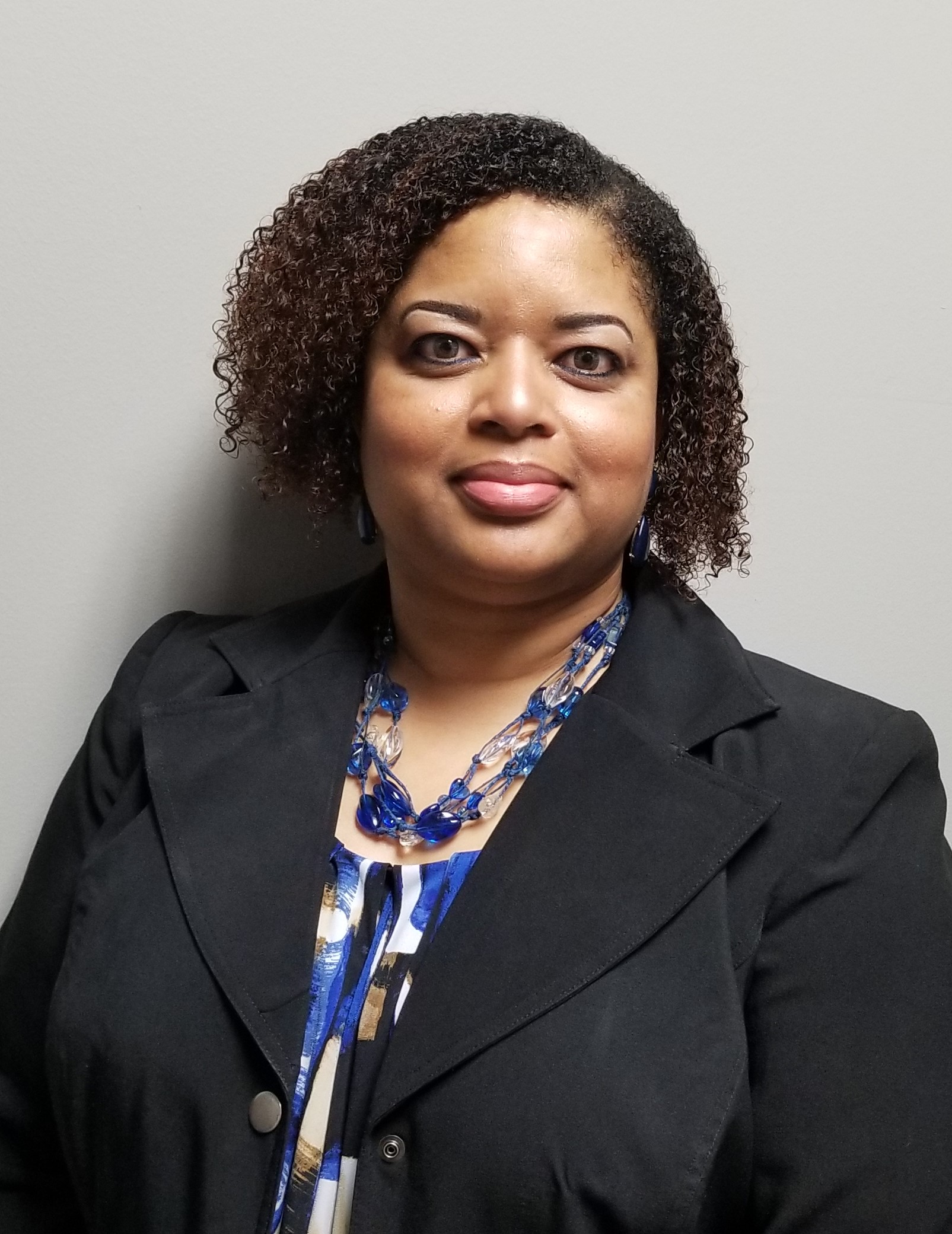
Adrienne Price
|
|
Alaska, Arizona, California, Hawaii, Idaho, Oregon, Washington, Wyoming
|
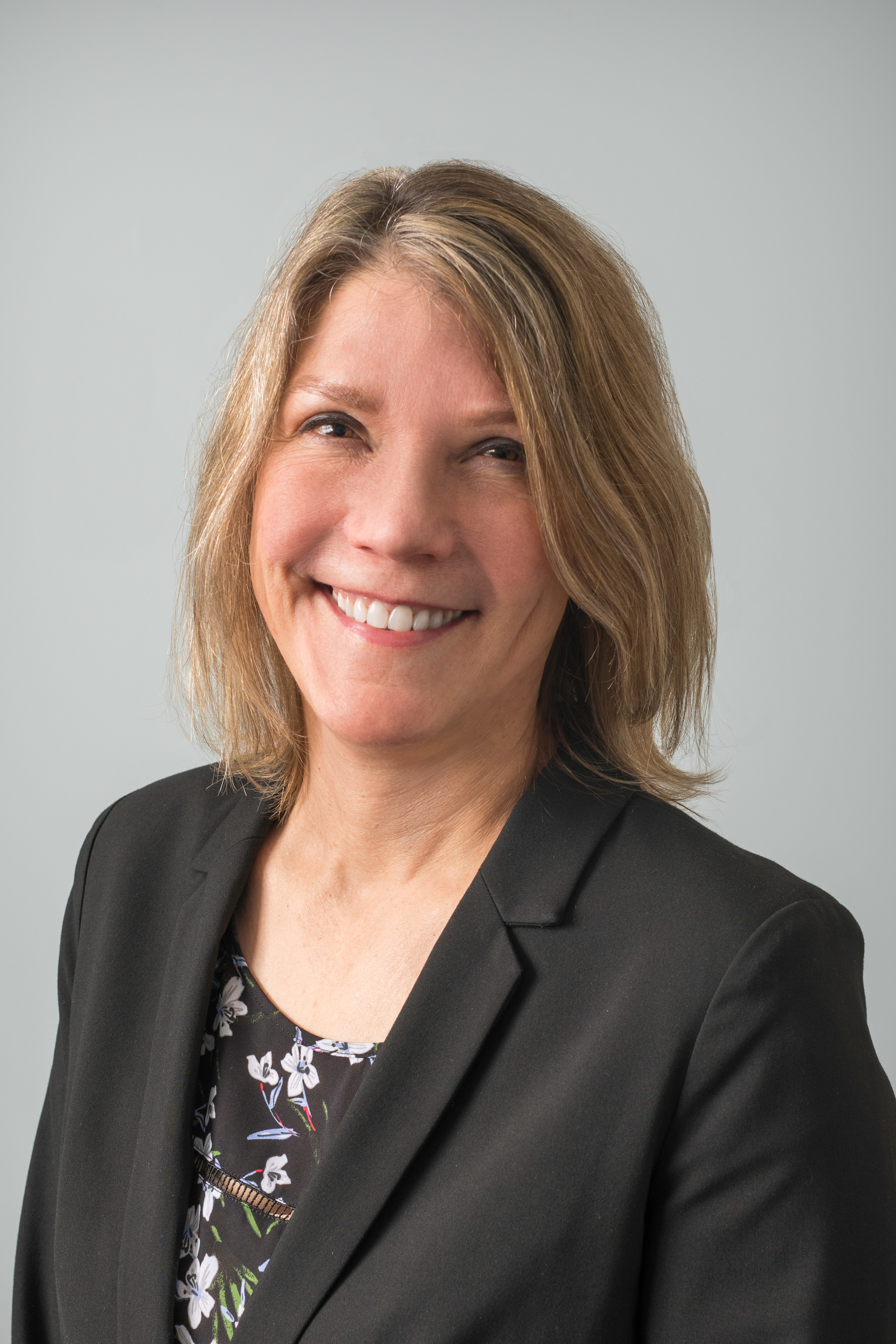
Joni Kalis
|
|
Connecticut, Maine, Massachusetts, New Hampshire, New Jersey, New York, Rhode Island, Vermont
|

Nancy Kirsch
|
|
Iowa, Michigan, Minnesota, North Dakota, South Dakota, Wisconsin, Puerto Rico, Virgin Islands
|
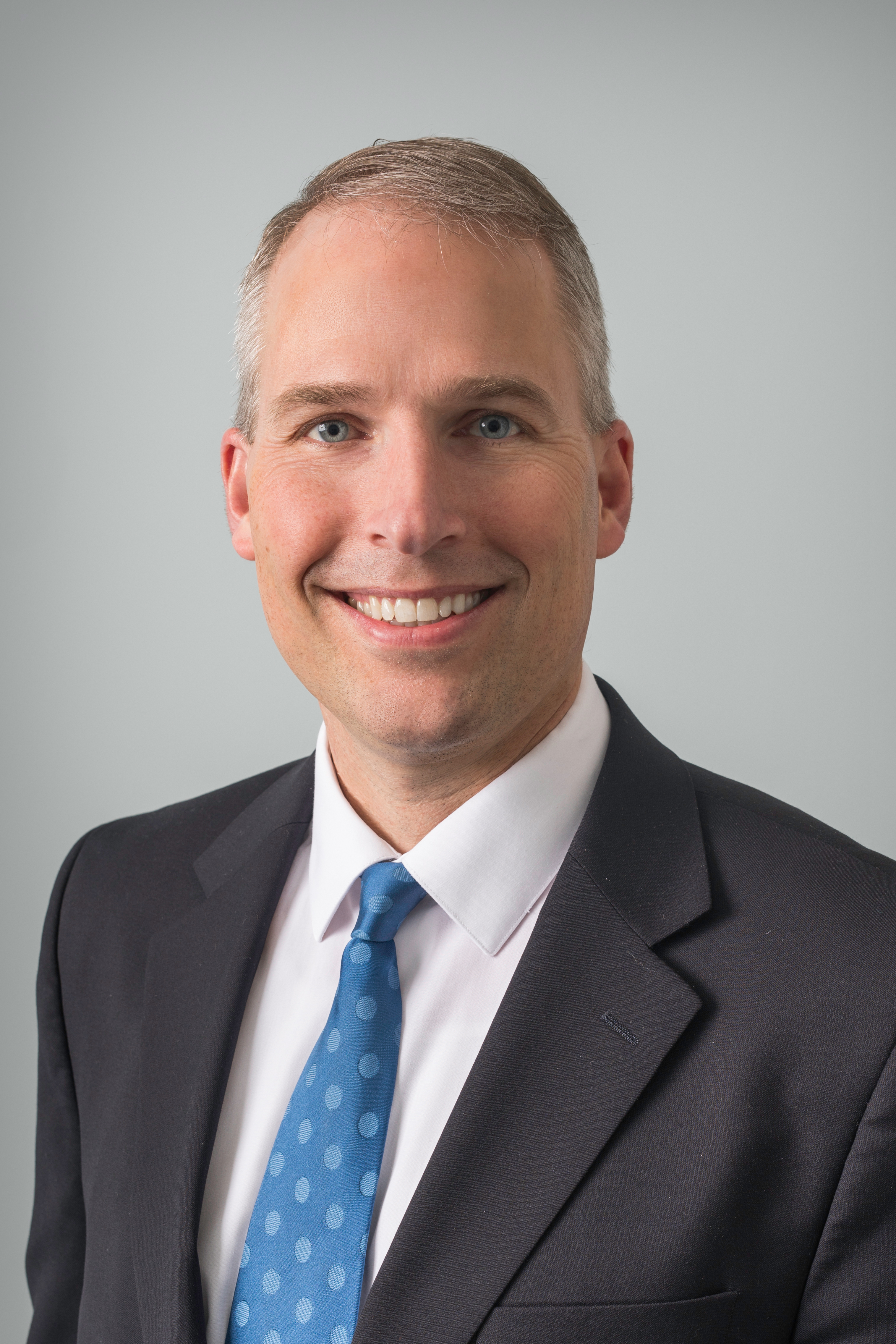
David Relling
|
|
The public member of the board does not serve as a liaison to jurisdictions
|
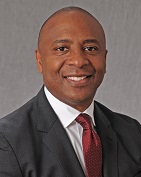
John Young
|
Back to Top
Staff Contact Information
Staff Contact Information
If you have questions, challenges or ideas, we want to hear from you!
(703) 299-3100
|
Subject
|
Point of Contact/Email Address
|
|
ADA accommodations
|
Christine Sousa
|
|
aPTitude®
|
competencestaff@fsbpt.org
|
|
Assessment or examination development questions
|
Lorin Mueller, PhD
Susan Layton
npte@fsbpt.org
|
|
Continuing competence
|
Jeffrey M. Rosa
Heidi Herbst Paakkonen
competencestaff@fsbpt.org
|
|
Credentials review
|
Jaime Nolan, FCCPT
|
|
ELDD- Exam, Licensure and Disciplinary Database participation
|
eldd@fsbpt.org
|
|
Exam registration processing
|
Christine Sousa
|
|
Foreign educated issues
|
Leslie Adrian
|
|
Immigration
|
Jamie Nolan
|
|
JAM- Jurisprudence Assessment Module
|
competencestaff@fsbpt.org
|
|
Legislation or Model Practice Act
|
Leslie Adrian
|
|
Meeting arrangements
|
Paul Delaney
|
|
NPDB reports/questions
|
Angela Burnham
|
|
oPTion®
|
competencestaff@fsbpt.org
|
|
PTC- Physical Therapy Compact
|
compact@fsbpt.org
|
|
PEAT®- Practice Exam & Assessment Tool
|
peat@fsbpt.org
|
|
ProCert®
|
competencestaff@fsbpt.org
|
|
Reimbursement of expenses
Other financial matters
|
Bill Aronson
Linda Michelsen
|
|
School reports
|
schoolreports@fsbpt.org
|
|
Score transfer & reporting
|
Christine Sousa
|
|
SCP PET- Supervised Clinical Practice Performance Evaluation Tool
|
scppet@fsbpt.org
|
|
Security issues
|
Susan Layton
security@fsbpt.org
|
|
Anything else, including news to share with members
|
William A. Hatherill
Francois Marjorie
Caitlin Jennings
|
|

|
|
Sign off:
That’s all the news today from the the Red & Yellow Twig Dogwood banks of the Potomac, where the fish are faster, the fishing boats are longer, and the fishermen are still full of stories.
- William A. Hatherill, CEO
|